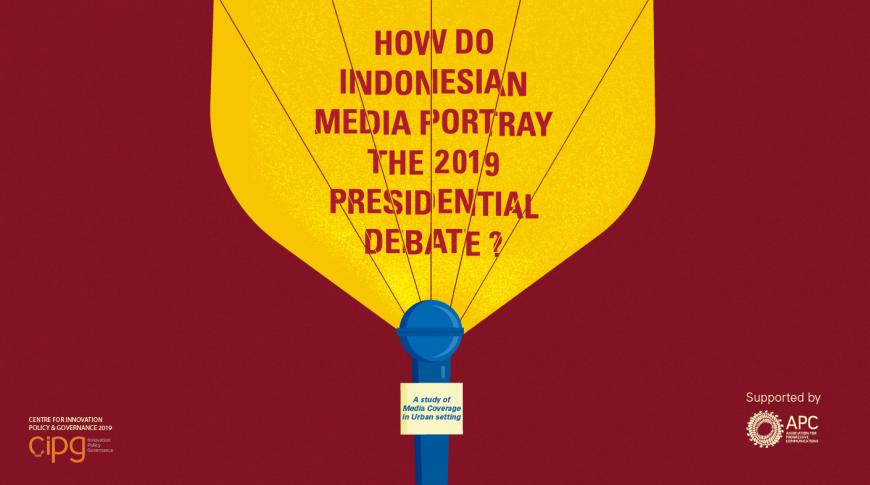
In the midst of rising intolerance, a polarised society and massive hoaxes, the 2019 presidential election was a huge test for Indonesia’s democratisation. This was the year when 190 million voters – the biggest electoral participation in the history of Indonesia – cast their vote to elect the president for the next five years.
Seen by many as the most complicated election season the country has ever had to face, the event also inspired a rapid rise in hate speech, hoaxes and fake news, with the Ministry of Communication and Informatics recording a total of 1,224 cases of fake news and hoaxes from August 2018 to March 2019. Most of this content was related to politics and governance.
In the meantime, although Indonesia has been regarded as a role model for interreligious harmony and Muslim democracy, since 2014, Indonesia has seen divisive intolerance in public debate. During the 2019 presidential election, the religious intolerance among society increased even further, with the highest number of violations recorded in West Java, followed by Jakarta.
This study aims to generate quantitative data on media coverage during the period of the 2019 presidential debates to determine the framing used and how these affected public discourse. In addition to this, the study aims to highlight how the media covered the issues of religious tolerance and hate speech. Showcasing the urban setting, in particular the Greater Jakarta area, as the barometer of Indonesia politics and secularism, this study aims to analyse media coverage around five topics of presidential debates aired on television.